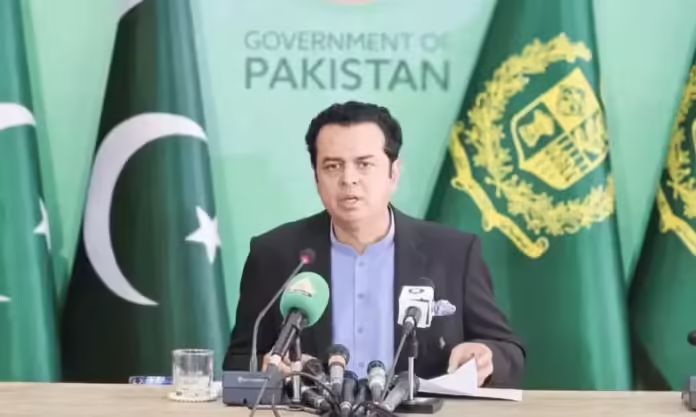Minister Talal Chaudhry claimed Afghan national is behind the Islamabad Court Suicide Blast!
In a tragic turn of events, a horrific Islamabad suicide attack shook the entire nation on Tuesday as it hit the federal capital of Pakistan. The blast near the district court premises claimed the lives of at least 12 innocent people and severely injured over 30 persons. Normal judicial activity has come to a standstill as the entire city plunged into fear and grief following the attack.
On Wednesday, Minister of State Talal Chaudhry confirmed those fears: the suicide bomber behind the deadly assault was not a local citizen but an Afghan national. His shocking revelation has reignited debates on border security, foreign infiltration, and the rising threat of cross-border terrorism.
“The Attacker Was an Afghan National,” Confirms Minister
Talal Chaudhry categorically said:
“I can confirm that the attacker was an Afghan national. Pakistan is a responsible state and does not blame others needlessly.”
His words reflected a tone of caution and frustration at the same time. Investigators had collected enough evidence to determine that the bomber had no local connections, said the minister. “The attacker neither spoke the Pakistani language nor understood the currency. He was completely unfamiliar with the surroundings,” added Chaudhry.
This lack of familiarity would suggest that the attacker may have been recently sent across the border, trained for the mission, and deployed to target a critical civic institution in the heart of the capital.
Eyewitness Accounts Reveal Disturbing Details
Law enforcement authorities have collected vital testimonies from local taxi and bike riders who drive for ride-hailing online services. They allegedly interacted with the bomber shortly before the attack and described him as confused, unable to communicate appropriately in Urdu or any local dialect. Some even identified him as fumbling to pay his fare, not recognizing the Pakistani currency.
Such accounts have become key pieces of evidence in substantiating government claims of foreign involvement. Security officials say the attacker might have entered into Pakistan illegally with the help of cross-border militant networks operating amidst regional instability.
Pakistan Points Fingers at India and Afghanistan
While the minister took care not to disclose too much detail, given the sensitivity of the ongoing investigation, he did mention that Pakistan’s preliminary findings point toward elements based in both India and Afghanistan.
“Based on concrete evidence, Pakistan blames India and Afghanistan for orchestrating this attack,” said Chaudhry.
His remarks mirror the long-standing geopolitical tensions that spill over frequently into acts of violence within Pakistan’s borders. The revelation has intensified discussions about the role of hostile agencies and their alleged attempts at destabilizing Pakistan’s internal peace.
Heightened Security and National Vigilance
After the attack, Islamabad’s law enforcement agencies have intensified security at all judicial buildings and sensitive installations. The district court has remained closed while emergency services and counterterrorism teams are scanning the blast site for forensic evidence.
The government has called on the public to be vigilant and report any suspicious activity. The latest tragedy highlights that terrorism is ever-evolving, leveraging instability in different regions and international networks to perpetrate chaos.
A Wake-Up Call for Regional Cooperation
The Islamabad suicide attack highlights the dire need for increased regional cooperation in intelligence sharing, border management, and counterterrorism efforts. The involvement of an Afghan national raises very serious questions about border control and the influence of extremist elements exploiting political uncertainty.
The loudest call now is for accountability and unity in the face of terrorism, as Pakistan mourns the victims and fortifies its resolve. It was not an attack on a court building; it was an attack on justice, peace, and the sovereignty of the nation. Prioritizing objectivity is important.
Follow Pakistan Updates for more news and updates.




